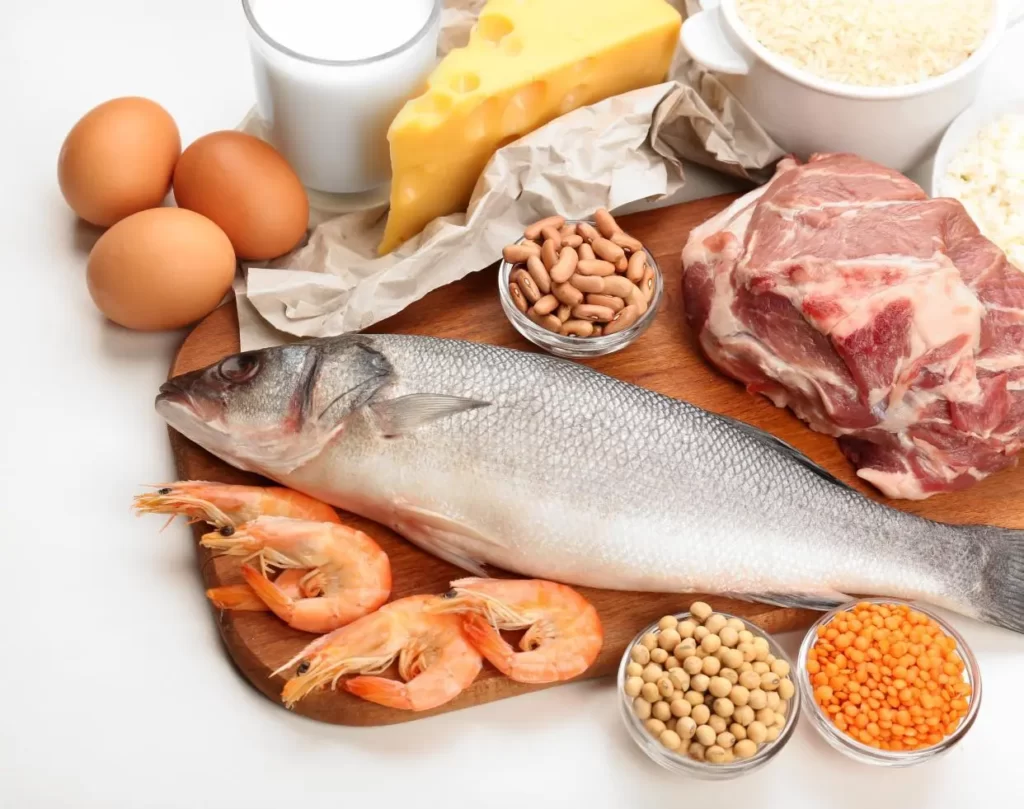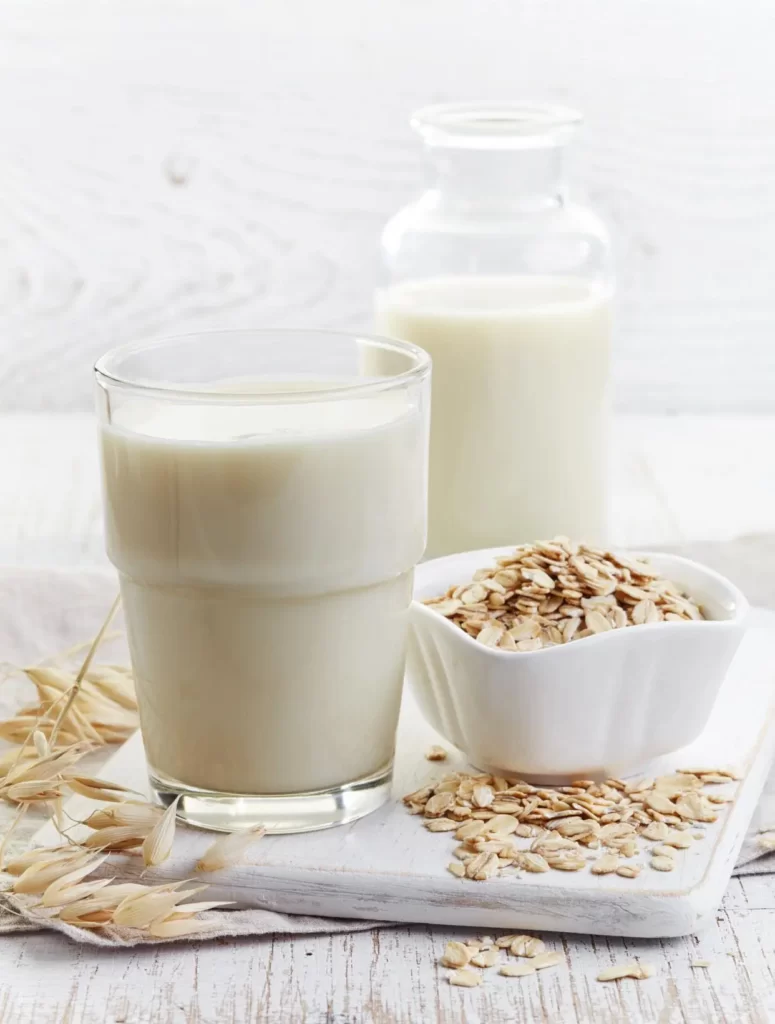When a child has poor appetite, slow growth and development, and often inflames the corners of the mouth, the family should pay attention and check whether the child is zinc deficient. Long-term neglect will seriously affect the child’s healthy development.Best food for child growth
Zinc is an important trace element and an essential nutrient for our growth and development. In my country, zinc deficiency is common among urban and rural children, and infants aged 0-3 are most prone to zinc deficiency.

Newborns, infants, and preschool-aged children will suffer from multiple cognitive impairments, behavioral, and emotional changes if they are deficient in zinc for a long time.
The so-called cognitive impairment, simply put, means that a child’s memory, comprehension, execution, calculation ability, and visual-spatial ability have certain impairments, which seriously affect the child’s normal development.
If preschool-aged children are deficient in zinc, they are prone to hair loss, slow growth, repeated colds, pneumonia and diarrhea, and frequent conjunctivitis, such as red, swollen and itchy eyes.
Zinc deficiency in adolescents may affect sexual maturation development and delay sexual maturation.
The clinical manifestations of zinc deficiency are usually loss of appetite and inflammation of the corners of the mouth. At the same time, if there is pica, such as eating dirt, paper or other foreign objects, you should also be alert to zinc deficiency.
Long-term zinc intake is insufficient. Especially in infants and young children under the age of 2 grow rapidly, and the demand for zinc increases sharply.
Maternal lack of zinc supplementation during pregnancy, premature infants, low birth weight newborns, twins, and multiple births often have zinc deficiency.
If the child’s digestive function is not good, long-term repeated diarrhea and respiratory tract infection will cause excessive loss of zinc, resulting in zinc deficiency.
If children are often picky eaters and like vegetarians, children who do not like red meat, eggs, and rarely eat seafood and shellfish are also prone to zinc deficiency.

In daily life, what can parents do to prevent zinc deficiency in their children? If the child is already deficient in zinc, how to supplement it?
The first is to eat a balanced diet. The combination of animal and plant foods is reasonable, especially eating some meat rich in zinc, such as beef, pork, liver and so on. Some seafood such as oysters are also rich in zinc, but it is not advisable to eat more. Fish and poultry are also rich in zinc, but the zinc content of fish is less than 1/2 of that of lean meat.
In addition, some plant foods are also rich in zinc, such as dried fruits, including pecans, sunflower seeds, pine nuts and so on. However, the absorption and utilization rate of zinc in plants is low, so it is recommended to supplement zinc with meat and liver in the daily diet.
When supplementing zinc, parents must pay attention to:
Calcium, iron and zinc cannot be supplemented at the same time
Calcium, iron and zinc will affect each other’s absorption rate, so it is best to supplement them separately. If you need to supplement zinc, calcium and iron at the same time, it is best to take each supplement more than 2 hours apart. Or supplement zinc during the day and calcium and iron at night, so that the absorption effect will be better.
Milk should not be used for zinc supplementation
The protein in milk is easily combined with zinc, which affects the digestion and absorption of zinc. Therefore, it is recommended to supplement zinc after drinking milk for 1 hour.

In addition, other high-protein foods and beverages, such as soy milk, soy milk powder and lactic acid beverages, are also not suitable for drinking with zinc.
To choose the correct zinc supplement
Inorganic zinc has great stimulation to the human body’s stomach, and the absorption rate is about 7%, so it is not a good choice for zinc supplementation, including zinc sulfate and zinc chloride.
The absorption and utilization rate of organic zinc is higher, about 14%, and the stimulation response to the gastrointestinal tract is smaller, which is more worthy of parents’ choice. Inorganic zinc includes zinc gluconate, zinc licorice, zinc amino acid, etc.
Read more tips about health and fitness http://www.growmorehealth.com
